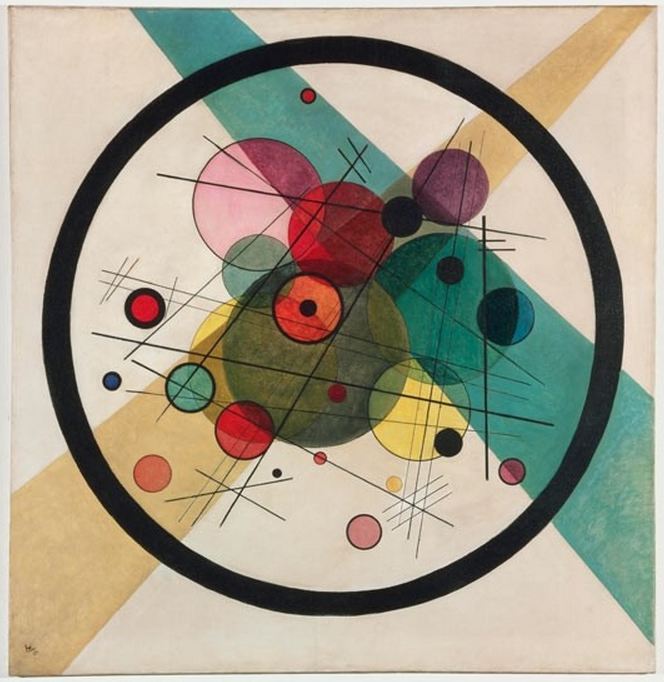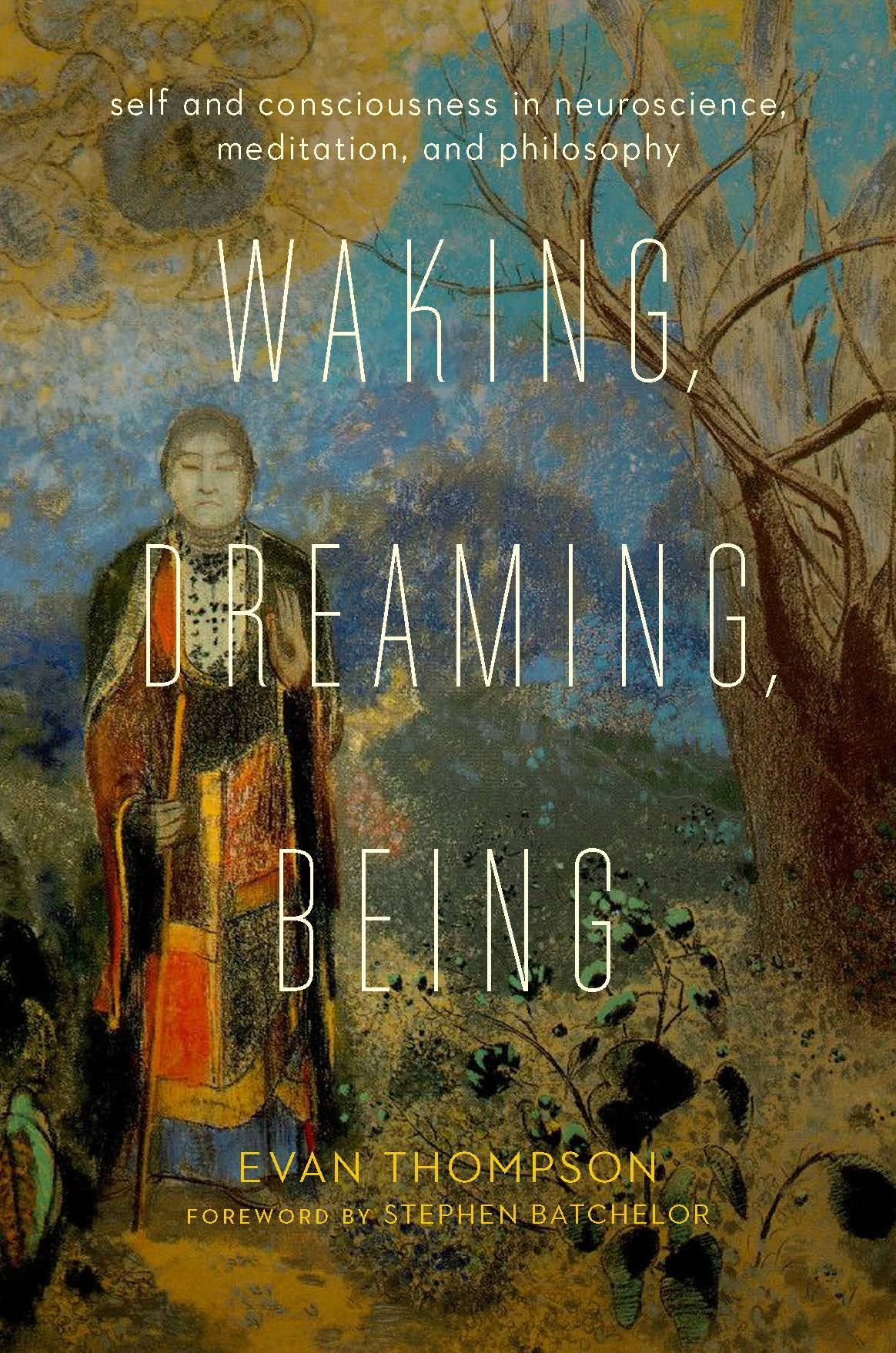Mental Time Travel: When and Why Did Memory Emerge?
There has been a great deal of research on episodic memory in animals. But debates over the uniqueness of human episodic memory continue. These debates can be understood as concerning two questions: When in evolution did episodic memory emerge? And why did it emerge?






